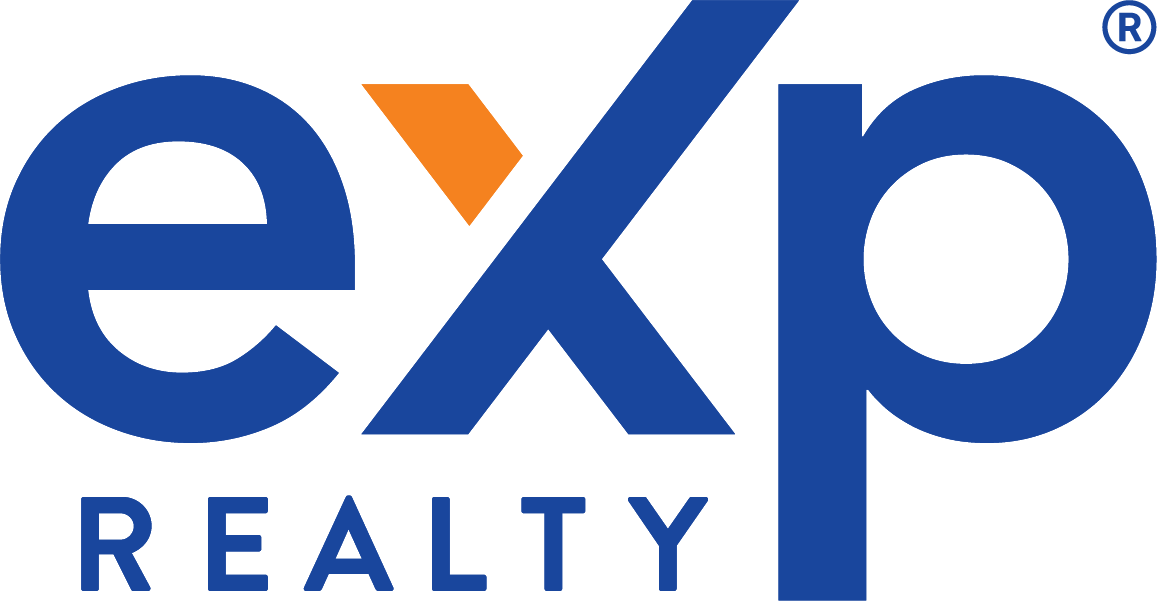In the realm of estate planning and real estate transactions, the term “probate” often arises, carrying significant weight and sometimes confusion. For those navigating the intricacies of estate settlement or those simply seeking clarity, understanding what probate entails is essential. In this comprehensive guide, we delve into the depths of probate, shedding light on its purpose, process, and implications.
What is Probate?
Probate is a legal process that occurs after someone passes away, involving the validation of their will, if there is one, and the distribution of their assets to heirs and beneficiaries. It serves as a mechanism for transferring ownership of property, settling debts, and ensuring the deceased’s wishes are carried out.
Key Components of Probate:




1. Will Validation: If the deceased individual (known as the decedent) left a will, the probate court reviews and authenticates it to ensure its legality and validity. If no will exists, the court follows state laws to distribute assets according to intestacy rules.
2. Appointment of Executor or Administrator: The court appoints an executor if named in the will, or an administrator if there is no will, to oversee the probate process. Their responsibilities include managing assets, paying debts and taxes, and distributing inheritances according to the will or state laws.
3. Inventory and Appraisal: The executor or administrator compiles an inventory of the decedent’s assets, including real estate, personal property, investments, and debts. These assets are then appraised to determine their value for distribution purposes.
4. Creditor Notification and Debt Settlement: Creditors are notified of the decedent’s passing, allowing them to make claims against the estate for any outstanding debts. The executor or administrator is responsible for reviewing and settling valid claims using estate funds.
5. Asset Distribution: Once debts, taxes, and administrative expenses are paid, the remaining assets are distributed to beneficiaries according to the terms of the will or state laws if there is no will.
Probate and Real Estate:
For probate realtors like Ryan Comstock in Tucson, AZ, understanding the intersection of probate and real estate is crucial. Real estate often comprises a significant portion of an individual’s assets, making it a focal point during the probate process.
In probate real estate transactions, the property may need to be appraised, marketed, and sold to fulfill the decedent’s wishes or settle outstanding debts. Probate realtors navigate the complexities of probate laws while providing valuable assistance to heirs and beneficiaries in selling inherited properties.

